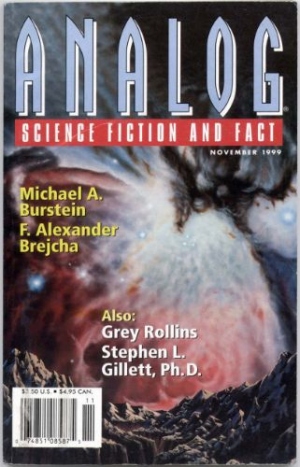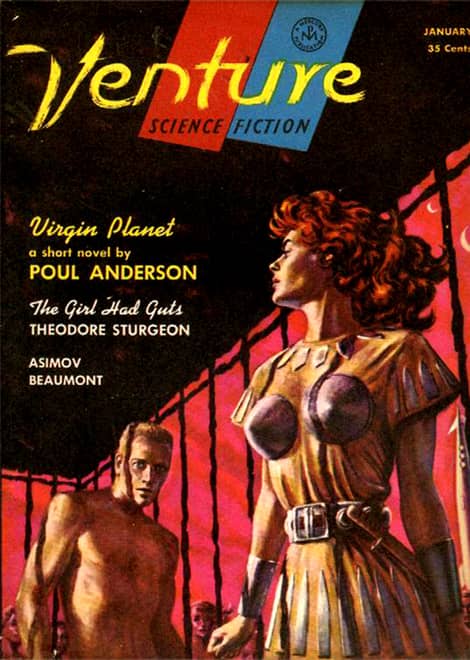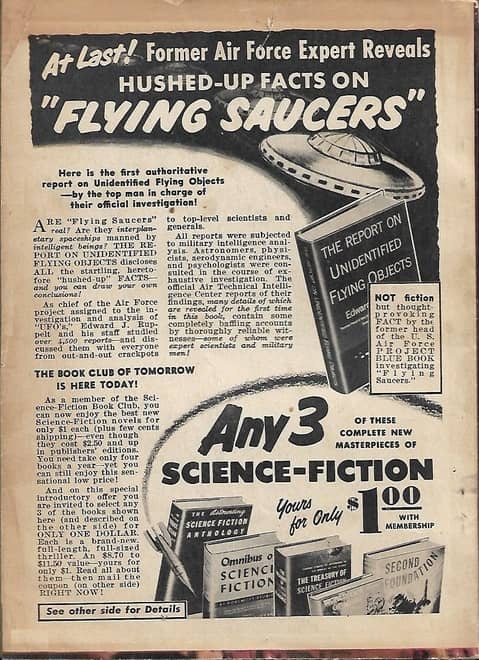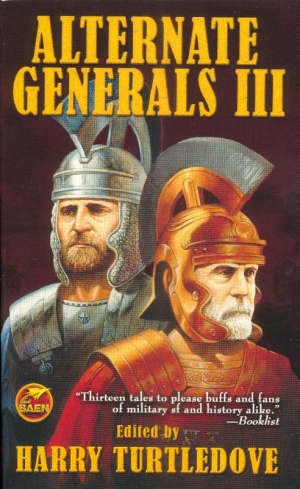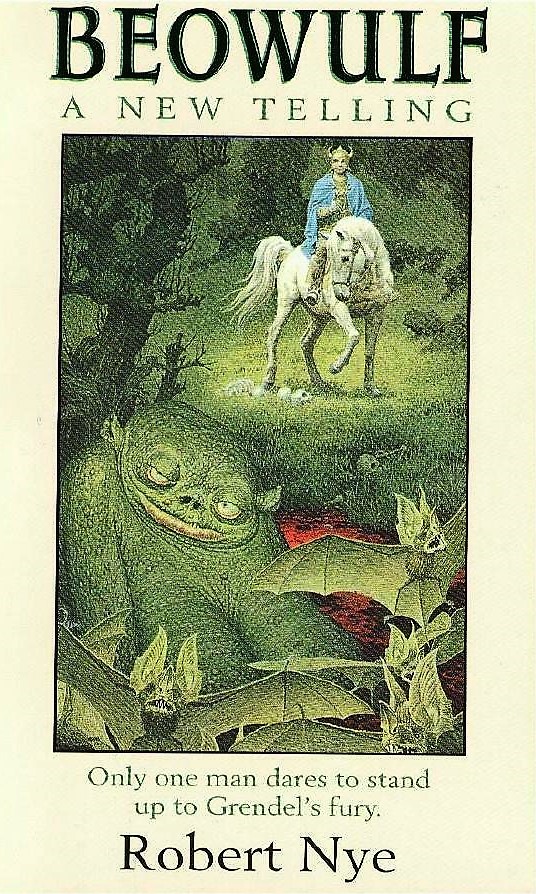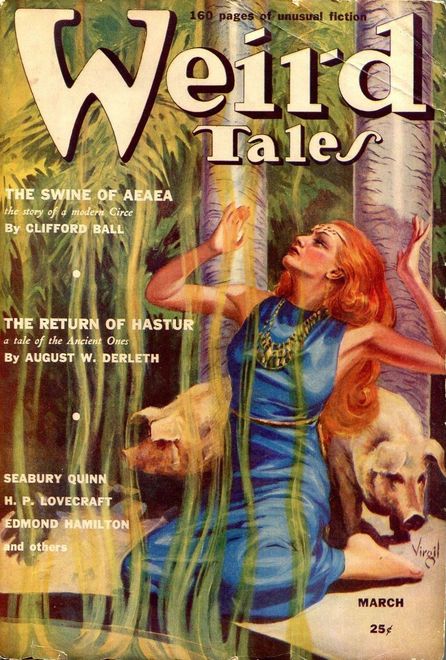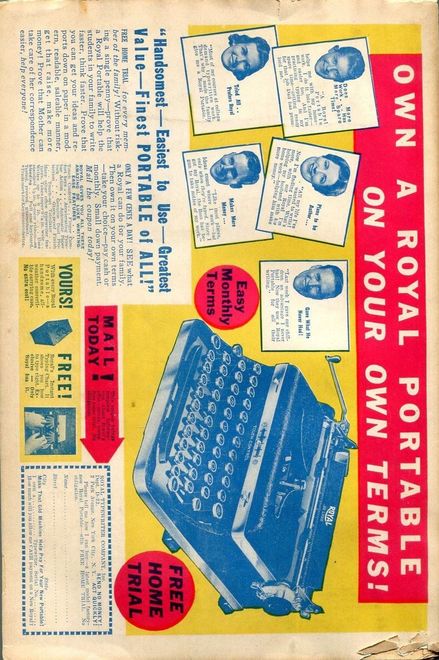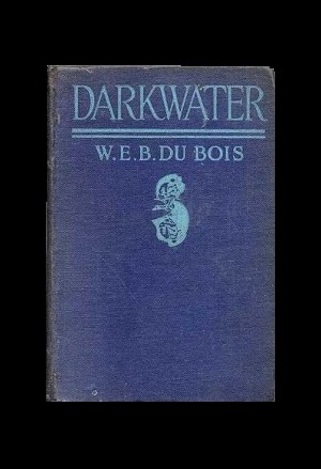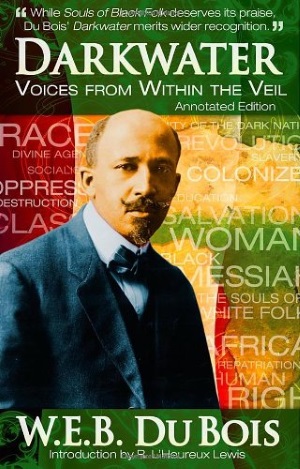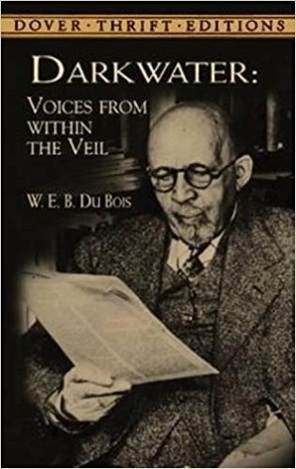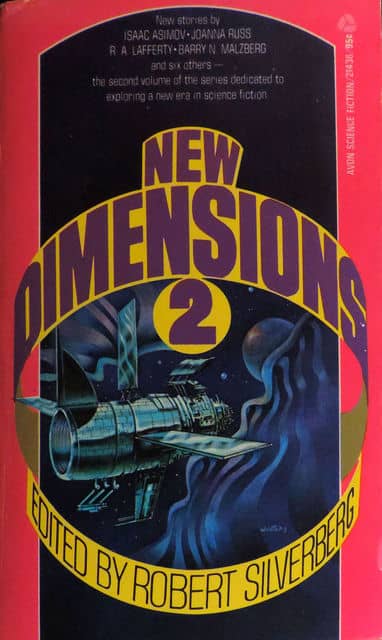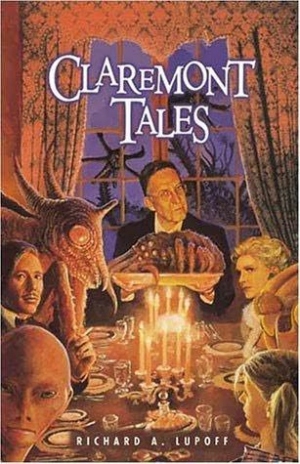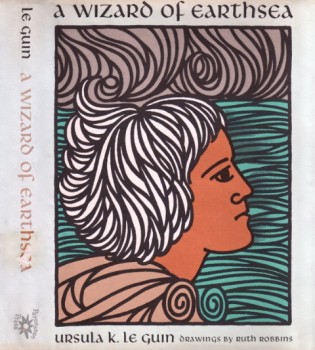A Wrinkle in Time by Madeline L’Engle
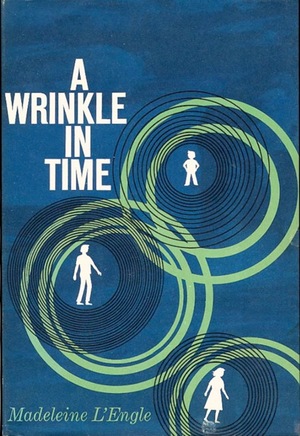 Given to me by the same friend who told me about A Wizard of Earthsea, Madeline L’Engle’s A Wrinkle in Time (1962) is another of the books that introduced me to fantasy and science fiction. The novel is a mix of science fiction, fantasy, and good dose of Christianity, and is completely unbound by any rules or expectations about genre. A children’s book, it is also an artifact of a time when fantasy wasn’t primarily a commercial designation. There’s a freshness to the book all these years later, and rereading it was an absolute joy.
Given to me by the same friend who told me about A Wizard of Earthsea, Madeline L’Engle’s A Wrinkle in Time (1962) is another of the books that introduced me to fantasy and science fiction. The novel is a mix of science fiction, fantasy, and good dose of Christianity, and is completely unbound by any rules or expectations about genre. A children’s book, it is also an artifact of a time when fantasy wasn’t primarily a commercial designation. There’s a freshness to the book all these years later, and rereading it was an absolute joy.
Meg Murry is the fourteen-year-old daughter of scientists, and sister to twins Sandy and Denys and the strange, brilliant five-year-old Charles Wallace. Her father, employed by the government, has been missing for some time before the book’s opening, and there has been no word about what happened to him.
In her own eyes Meg is gawky and ugly, made so by her “mouse-brown” hair, glasses, and “teeth covered with braces.” Her self-impression and her worry over her father’s disappearance have caused her to become a poor student. Her principal, a man unsympathetic to her worry to the point of telling her she needs to “face the facts” about her father (implying he’s never returning), warns her she’s in danger of having to repeat ninth grade.
